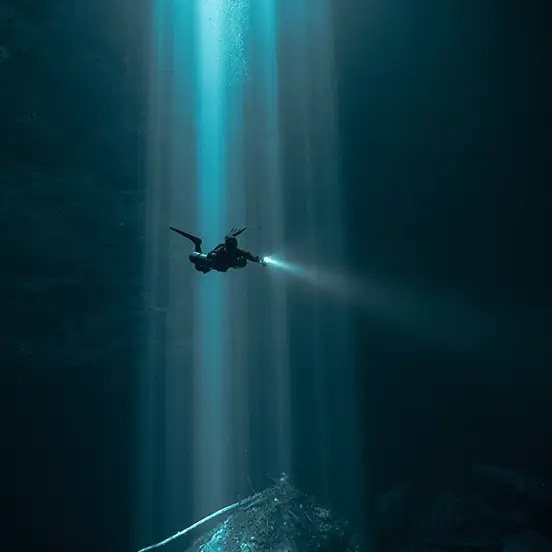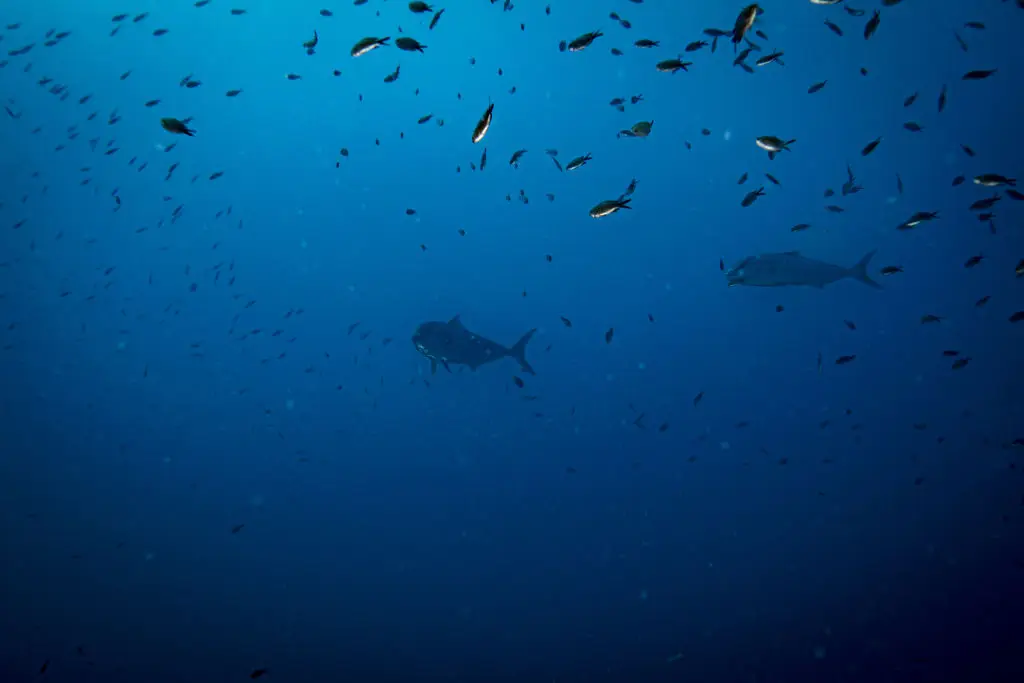
Scientists made a discovery at the deepest point on Earth but what they found serves as a saddening reminder of how deep humanity's impact runs.
More than 6.7 miles beneath the Pacific Ocean lies the world’s deepest undersea chasm called the Challenger Deep.
In the summer of 2022, oceanographer Dawn Wright went on an incredible expedition to catch a rare look at the chasm.
Travelling in a submarine, Wright explored parts of the trench no one had ever visited before.
Advert
Wright opened up about her experience in an op-ed written for the Los Angeles Times.
She recalled using a high-resolution sonar to map the area and create an elevation model and a visualisation that resembled an aerial photograph of the seafloor.
But instead of something amazing like a rare fish or aquatic plant, she found an alarming extent of human impact even in Earth's most remote areas.
It was a beer bottle lying in the sediment below.
"It had traveled more than 6.7 miles to the darkest depths of the Pacific, label still intact," Wright described in her op-ed.
"This discarded trash had managed to reach an unsullied part of our world before we actually did — a symbol of how deeply and irrevocably humans are affecting the natural world."
The scientist later shared her findings with a photo on X (formerly Twitter), writing: "What did we see upon 1st touching bottom, at 10,900+m depth w/in #ChallengerDeep? A BEER BOTTLE! Further evidence that we MUST as humanity do BETTER by the ocean and for the health of habitats that we ourselves share & ultimately depend on!!! #ThereIsNoPlanetB #DeeperSeaDawn".
One person responded to the post saying: "Can't help but wonder how much microplastic would show up in water samples..."

Another added: "Makes me ashamed to be human. We ruin every freaking habit."
Over on Reddit, the mood was just as grim with people expressing their dismay.
"That is so erie," one social media user said.
"That’s just really sad," someone else commented, whilst another replied: "Just shows how far the planets problems have got".
UNESCO reports that plastic waste accounts for an overwhelming 80% of all marine pollution. Millions of metric tonnes end up in the ocean each year, posing a major threat to ocean wildlife.
The Environmental Protection Agency (EPA) states that every piece of plastic ever produced still exists in some form, as it takes hundreds of years to break down.